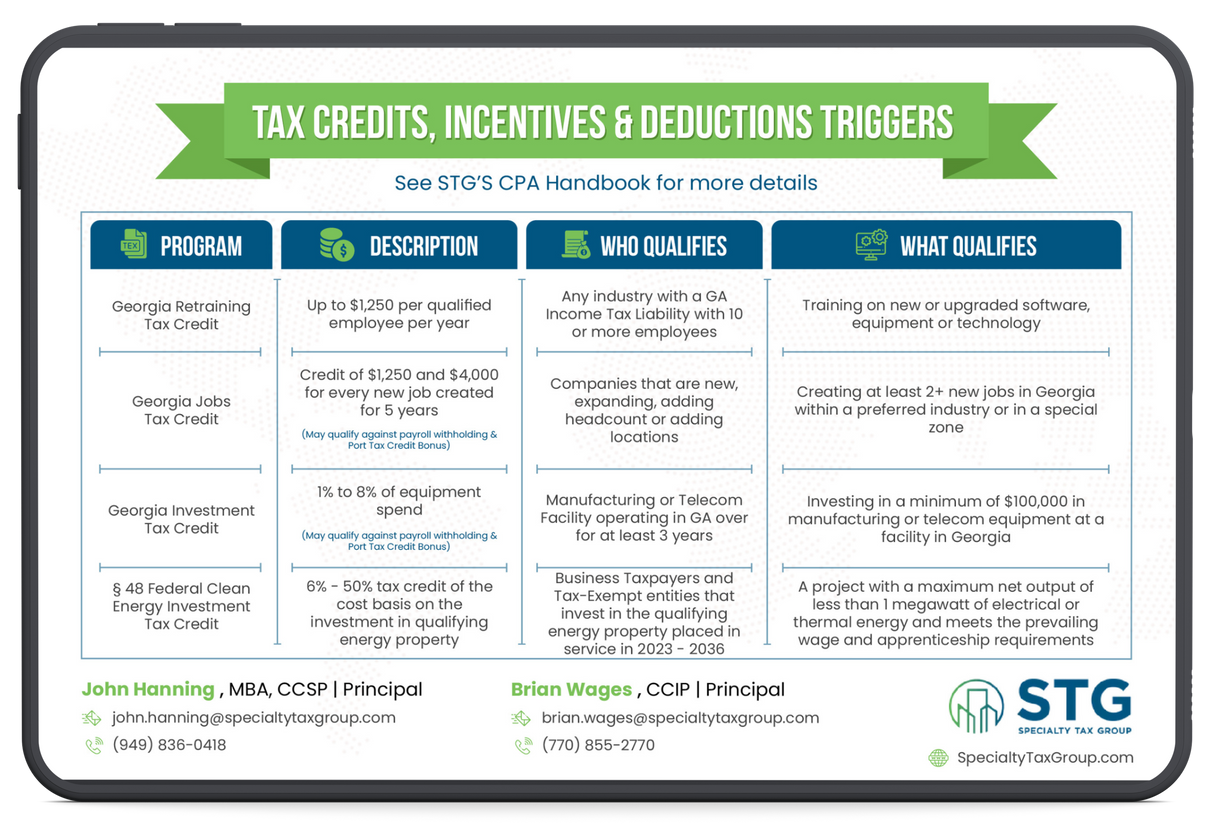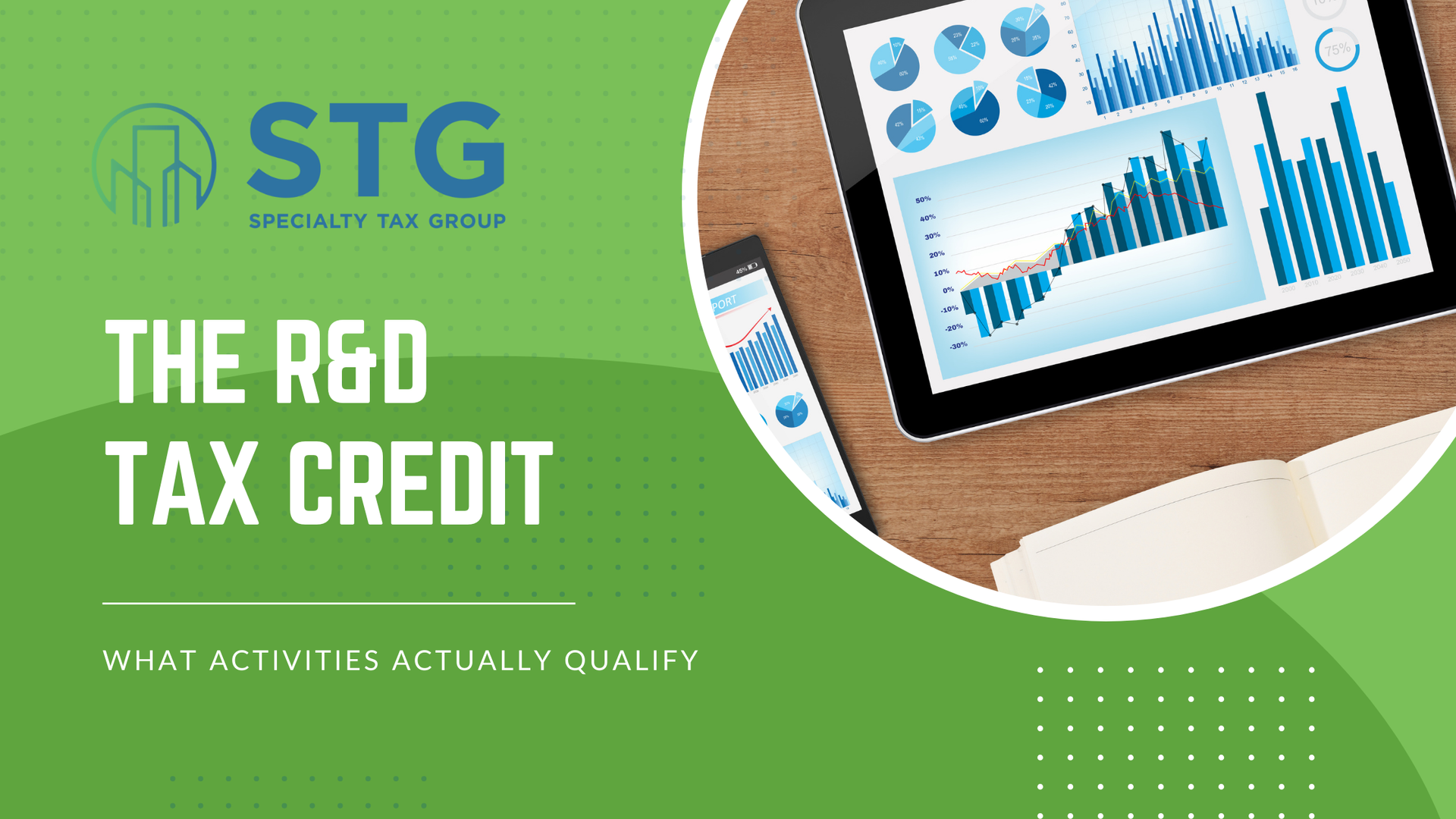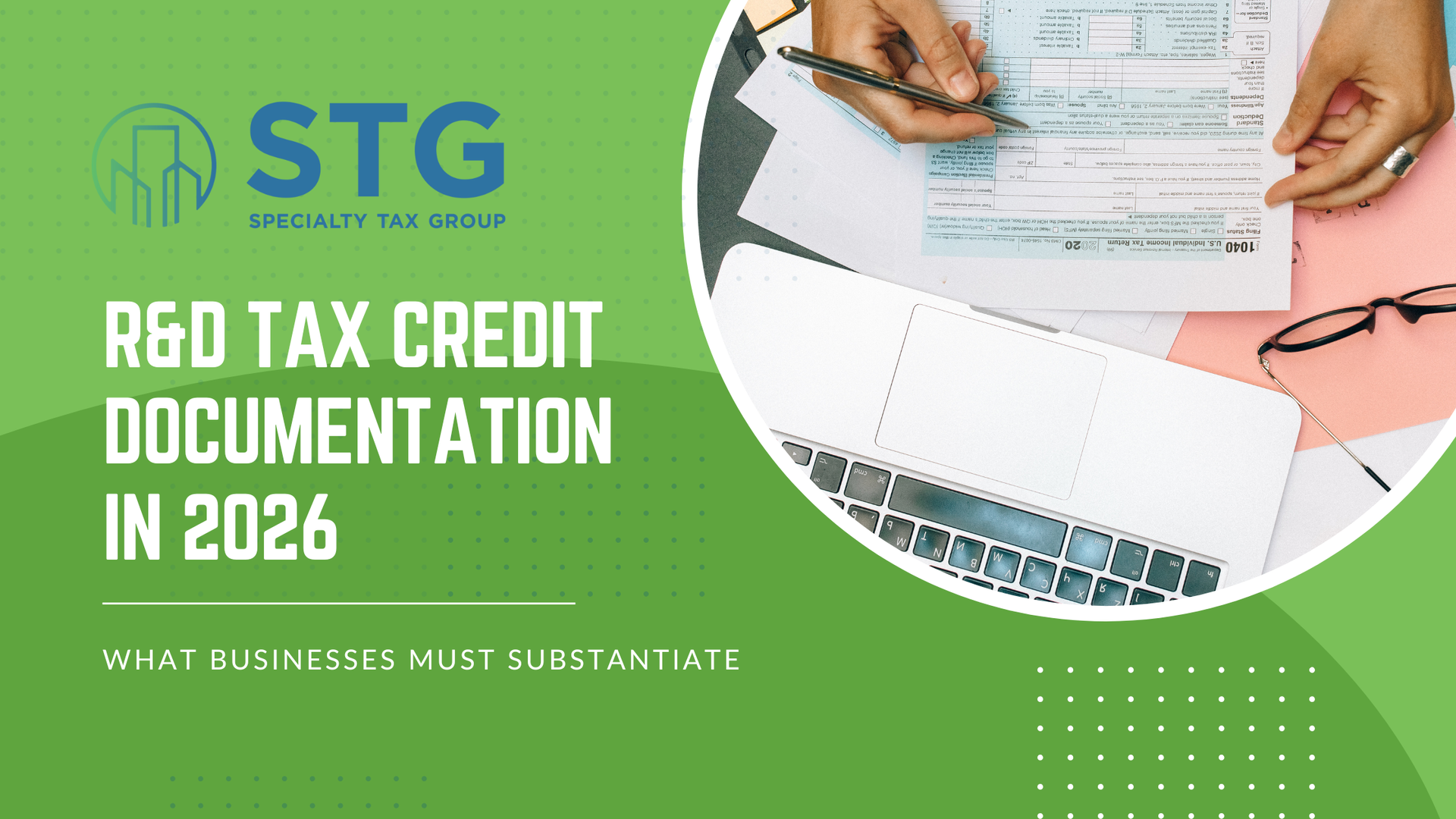This blog post has been researched, edited, and approved by John Hanning and Brian Wages. Join our newsletter below.
The Senate's tax proposal, released June 16, creates significant differences from the House's One Big Beautiful Bill Act—and these changes could dramatically impact your business taxes, deductions, and long-term financial planning depending on which version becomes law by the July 4th deadline.
Why These Tax Bill Differences Matter Right Now
If you're wondering whether to accelerate business investments, claim R&D credits, or restructure your tax planning, the outcome of these negotiations will shape your decisions for years to come. The Senate Finance Committee's approach favors permanence and simplification, while the House seeks broader but temporary relief.
With Republican leaders pushing for passage by July 4th, businesses and individual taxpayers face uncertainty about which version will ultimately become law.
What Exactly Is the One Big Beautiful Bill Act?
The One Big Beautiful Bill Act (OBBBA) is a comprehensive tax and spending package that the House approved on May 22, 2025. For this legislation to become law, both chambers must approve identical versions—and that's where the challenge lies.
The differences represent fundamentally different philosophies: permanent versus temporary relief, broad versus targeted benefits, and immediate versus phased-in changes.
The Big Three Business Tax Changes
The most significant differences center on what tax professionals call the "Big Three" business provisions affecting how companies handle their largest expenses.
Bonus Depreciation: Permanent vs. Temporary Relief
Senate approach: Makes 100% bonus depreciation permanent for qualified assets, including manufacturing buildings placed in service before 2031.
House approach: Provides the same benefits but only through 2029.
For businesses planning major equipment purchases, this difference matters enormously. The Senate's permanent approach provides long-term certainty, while the House creates a deadline that could force rushed decisions. If your business relies heavily on capital investments, the Senate version offers more predictable planning. Learn how cost segregation services can maximize these depreciation benefits.
Research & Development: Immediate Relief
Both versions allow immediate expensing of domestic R&D costs, but the Senate provides retroactive relief for R&D costs capitalized between 2022-2024, allowing businesses to accelerate remaining unamortized amounts.
This difference is crucial for tech companies, pharmaceutical firms, and manufacturers who've been capitalizing R&D expenses since 2022. Understanding your Research and Development Tax Credits options becomes critical under either scenario.
Business Interest Deductions
Both versions restore the more favorable EBITDA-based calculation for business interest deduction limits, but the Senate makes it permanent while the House provides temporary relief through 2029.
State and Local Tax Deductions: The SALT Cap Dilemma
Senate position: Keeps the SALT cap at $10,000 permanently, with no phase-out for high earners.
House position: Raises the cap to $40,000 but includes an income-based phase-out.
If you're in a high-tax state like California, New York, or New Jersey, this difference could mean thousands in your annual tax bill. The House provides more immediate relief, while the Senate prioritizes simplicity and permanence.
Small Business Changes
The qualified business income (QBI) deduction affects millions of small business owners:
Senate: Maintains the current 20% deduction but expands income phase-in thresholds from $50,000 to $75,000 for single filers.
House: Increases the deduction to 23% but only temporarily.
For pass-through businesses—partnerships, LLCs, and S corporations—the Senate provides more taxpayers access to the full deduction, while the House offers a higher rate.
Clean Energy Incentives: Major Shifts
Senate approach: Slower phase-out of Inflation Reduction Act credits, maintains credit transferability, extends Section 45Z clean fuel producer credit.
House approach: Faster phase-outs and eliminates transferability earlier.
However, the Senate terminates Section 179D deductions for energy-efficient commercial buildings. If your business claims these deductions for energy-efficient improvements, this change significantly impacts tax planning. Explore available green energy incentives under current law.
Individual Tax Changes
Standard Deductions and Credits
The Senate proposes substantial standard deduction increases starting in 2026:
- $16,000 for single filers
- $24,000 for heads of household
- $32,000 for married couples filing jointly
The Senate also proposes a $2,200 child tax credit (adjusted for inflation) and makes the refundable portion permanent.
Tips and Overtime Deductions
Both bills include above-the-line deductions for tips and overtime pay from 2025-2028. The Senate caps tip deductions at $25,000 per individual and overtime deductions at $12,500 per individual.
Estate Planning Changes
Both bills permanently increase estate, gift, and generation-skipping tax exemptions to $15 million (adjusted for inflation). This provides significant estate planning opportunities and removes uncertainty from current temporary exemptions.
What This Means for Your Planning
For Businesses
Consider accelerating equipment purchases to benefit from current bonus depreciation rules. Review R&D credit strategies, especially for costs capitalized since 2022. Evaluate energy incentives given potential Section 179D termination.
For Individual Taxpayers
High-income taxpayers in high-tax states should model both scenarios. Business owners should evaluate how QBI changes might affect entity structure and compensation strategies.
Timeline and Challenges
Republican leaders aim for July 4th passage, but complications include:
- Senate budget reconciliation requirements
- Estimated $2.4 trillion deficit impact over 10 years
- Need for House revote on any Senate modifications
Getting Professional Guidance
Given the complexity and potential impact, working with experienced tax professionals becomes crucial. Whether evaluating cost segregation opportunities, maximizing R&D credits, or planning estate strategies, professional guidance helps navigate uncertainty.
For personalized guidance on how these changes might affect your situation, consider scheduling a consultation with our team of specialists. We can help you prepare for opportunities and mitigate risks under either scenario.
The next few weeks will determine which approach prevails, but preparation and professional guidance ensure you're ready regardless of the outcome.
Contact us to discuss your specific tax planning needs as these legislative changes unfold.





